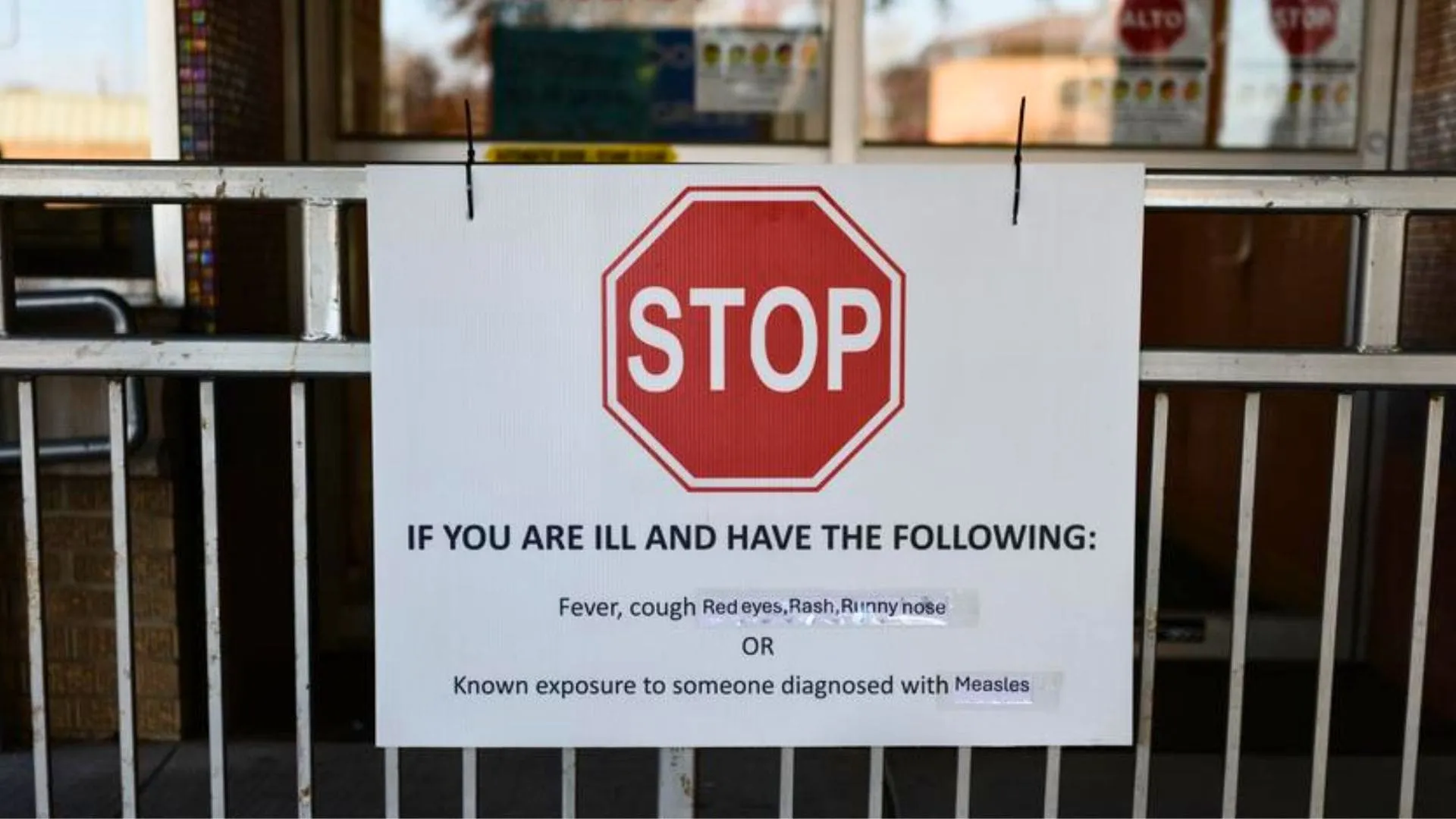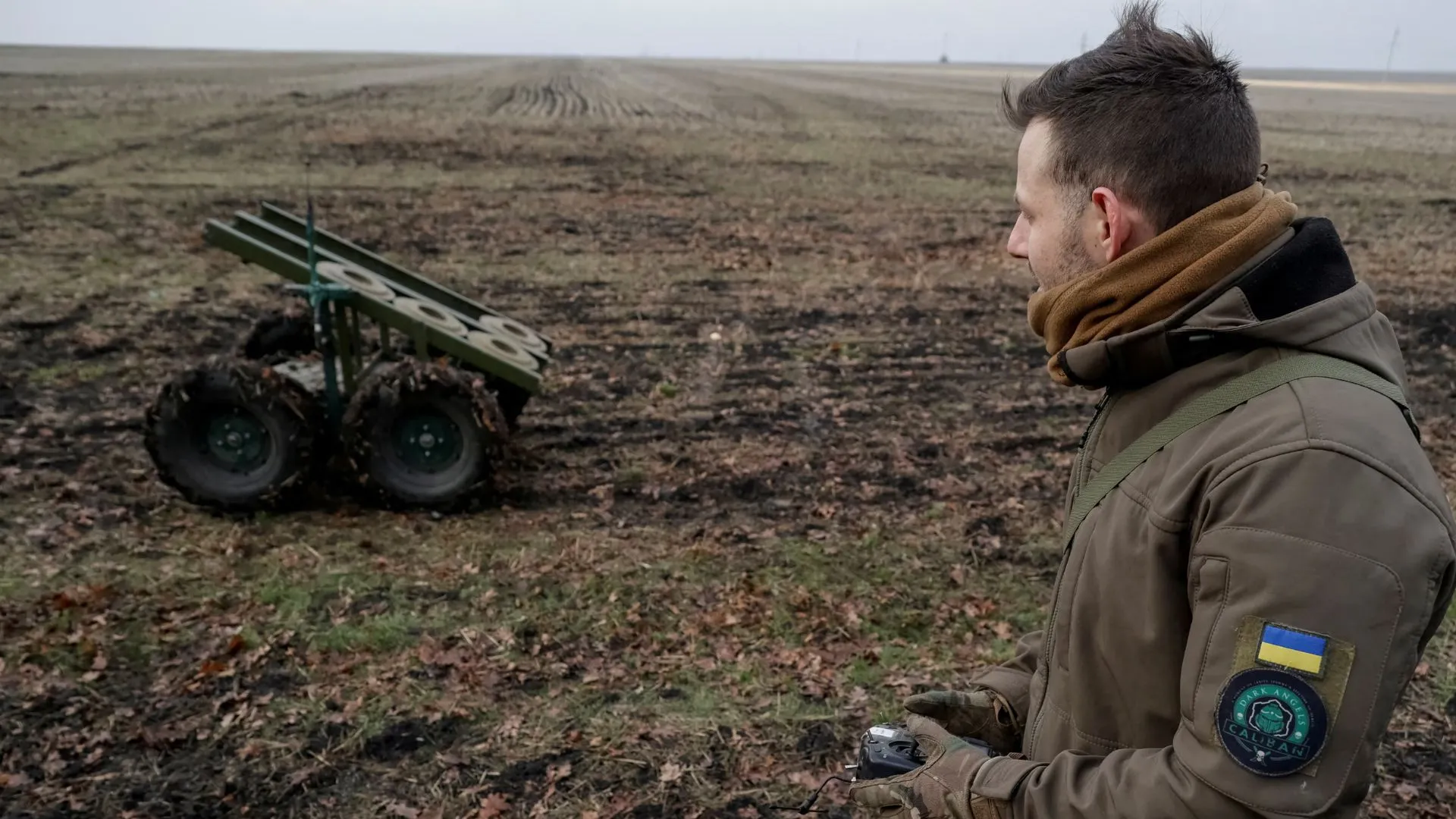Measles cases in the US have surged, prompting the World Health Organization (WHO) to issue a travel warning. As of March 27, the US reported 483 confirmed cases and two deaths. The Centers for Disease Control and Prevention (CDC) confirmed three major outbreaks in 2025 alone. WHO is urging travelers to ensure their vaccinations are up-to-date before visiting the US to prevent further spread.
WHO’s Advisory on Measles Vaccination
WHO has advised all travelers to check and update their vaccination status before traveling to the US. WHO emphasizes that travelers should ensure they are protected against measles by getting the measles, mumps, and rubella (MMR) vaccine if needed. The advisory specifically targets unvaccinated individuals from countries experiencing measles outbreaks in the US. These travelers are encouraged to consult with local health authorities before traveling. WHO has also recommended that countries keep adequate stocks of measles-rubella (MR) and MMR vaccines, as well as other necessary supplies, to handle any potential imported cases. Although there are no major travel restrictions, the advisory stresses the importance of vaccination as the primary preventive measure.
Where Are the Measles Outbreaks in the US?
Measles outbreaks have impacted 20 states and jurisdictions across the US, including California, Florida, New Jersey, New York, and Texas. Texas has become the epicenter, reporting 400 cases as of March 28. The CDC attributes these outbreaks to international travel, with unvaccinated individuals bringing the disease into the US. The CDC revealed that two out of every three unvaccinated travelers are Americans. These travelers then spread measles to others who were unvaccinated, leading to localized outbreaks in various states.
The ongoing outbreaks present a serious public health concern. Authorities are working to control the situation by ramping up vaccination efforts and increasing public awareness. WHO’s advisory underscores the importance of global cooperation in preventing further outbreaks. The crisis highlights the need for countries to work together to limit the spread, especially as the disease could easily cross borders.
If the situation worsens, the impact could extend beyond the US, creating a broader international health challenge. WHO’s advisory underscores the importance of preventing the international transmission of measles. With the disease now affecting multiple states, the need for increased vigilance at a global level is critical. By ensuring travelers are vaccinated, WHO hopes to reduce the spread of measles and contain the outbreak before it expands further.






















